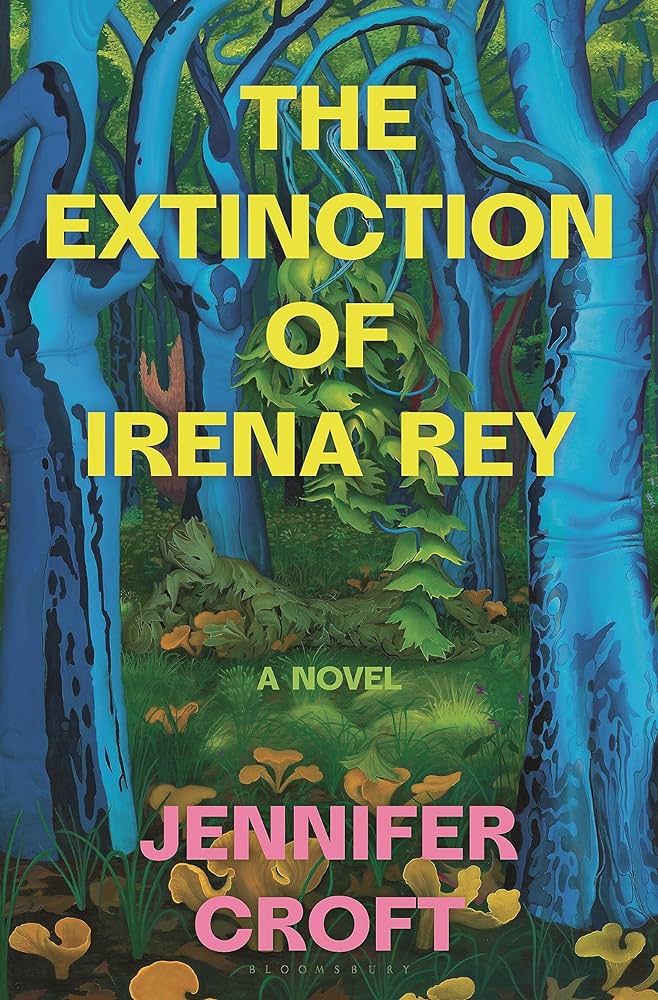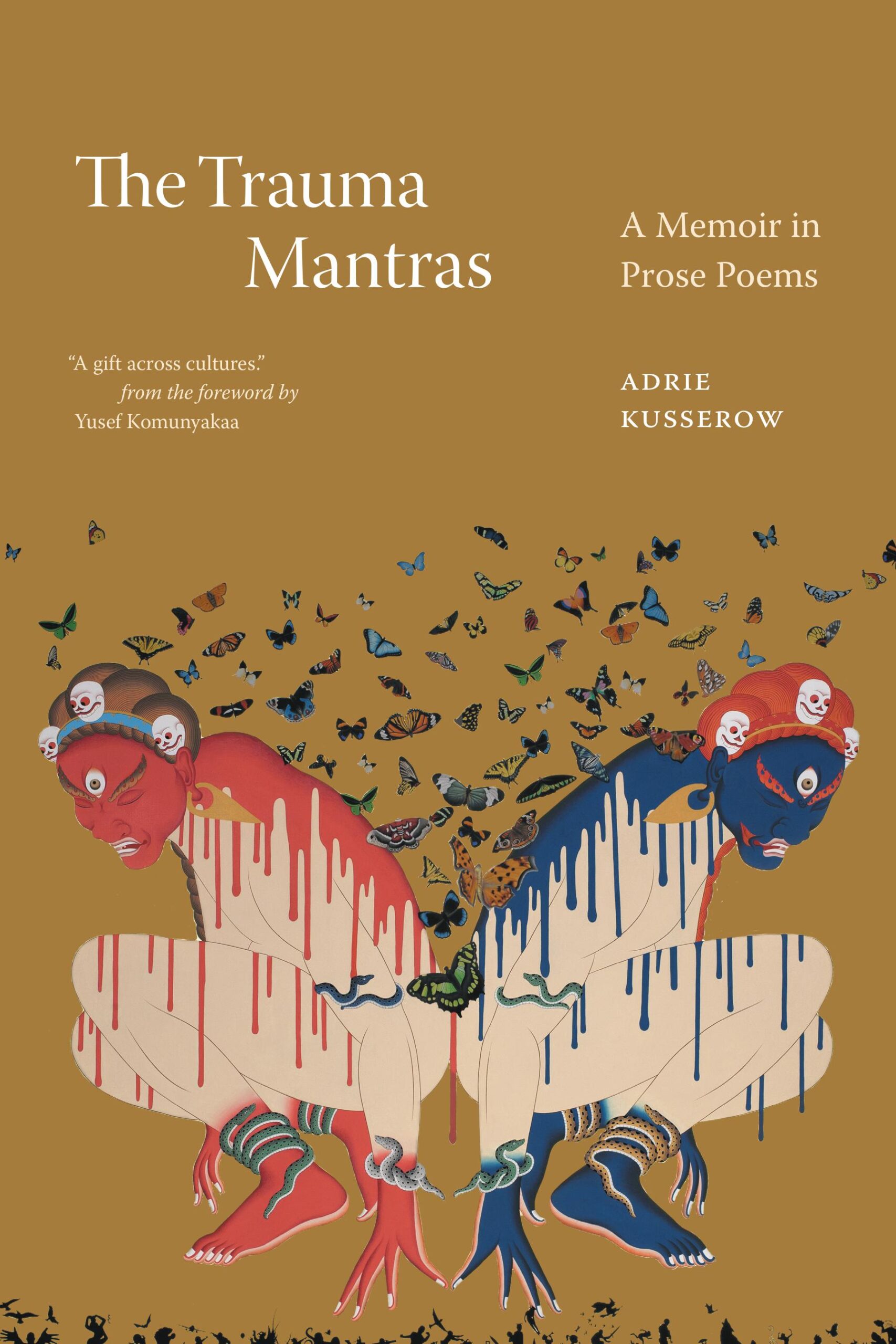By ESTHER KARIN MNGODO
Translated from the Swahili by JAY BOSS RUBIN
Piece appears below in English and the original Swahili.
Translator’s Note
I was drawn to “Soko la Samaki” by its rich variety of registers, and by its use of the second-person point of view, which in my experience is not so common in Swahili literature. I was also taken by the story’s close attention to class and gender dynamics, and the role of language, indeed languages, in interactions between men and women of different backgrounds and social standings. In my initial draft, I retained quite a bit of Swahili. As I began to revise, in consultation with both colleagues and the author, I was encouraged to seek out English that corresponds to not just Swahili meanings but Swahili cadences, especially when they play a role in one character trying to convince or gain entry into the world of another. The version here contains less Swahili than my earlier drafts, but the Swahili that is retained is more intentional. Of the handful of authors whose work I have been so fortunate to translate, my author-translator relationship with Esther Karin Mngodo has been, by far, the most interactive. In addition to drawing my attention to rhythm, Esther helped me comprehend some of the story’s slang and proverbial language, and she offered invaluable feedback and suggestions on how to render specific moments in English. Going back and forth in our comments in the margins of a shared doc, often when it was morning for me and evening for her, I felt like I was getting to collaborate with an author, editor, and fellow translator all at once. For that, and for the story itself, I am enormously grateful.
—Jay Boss Rubin















